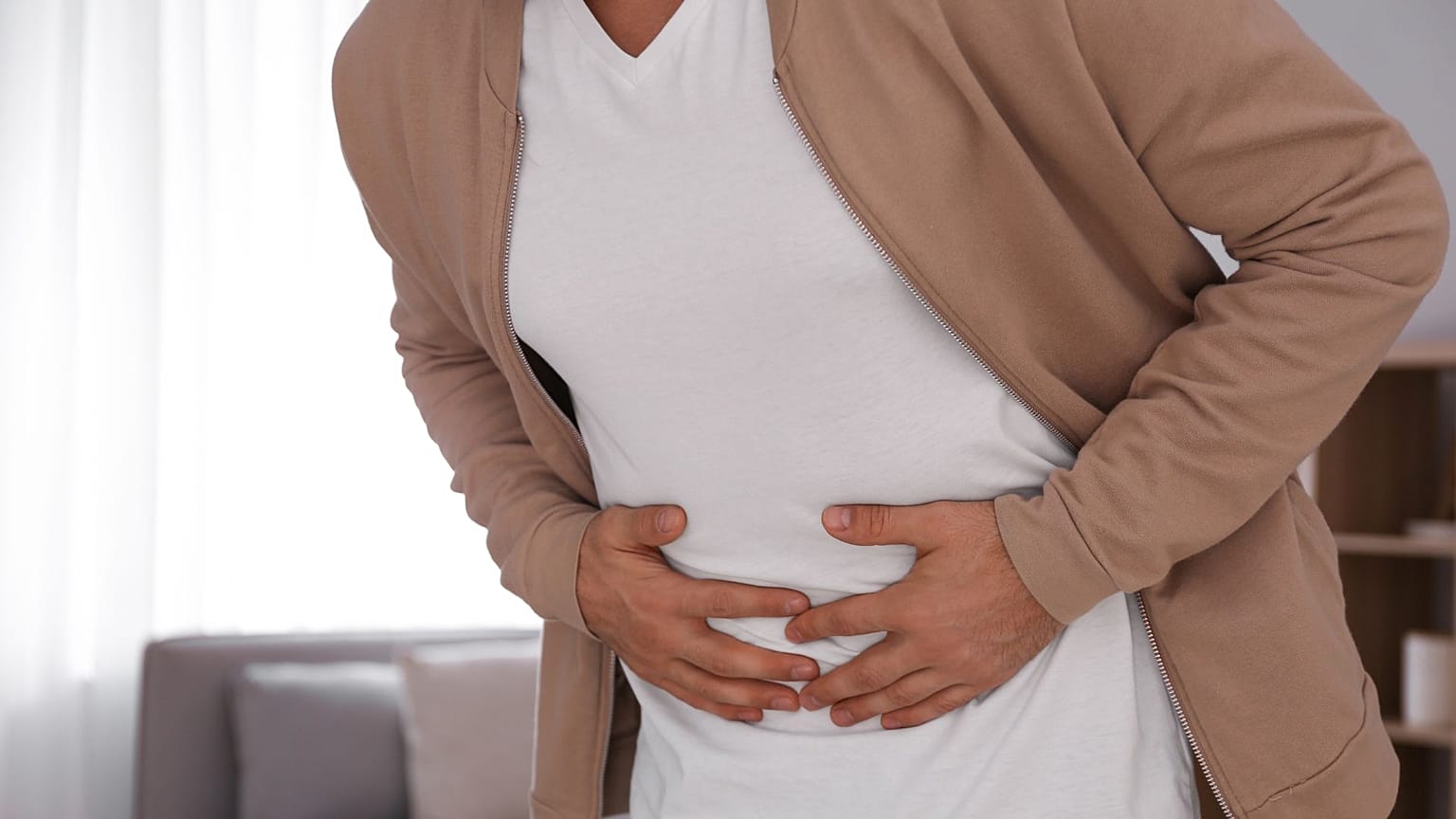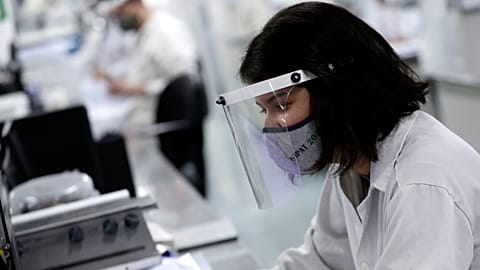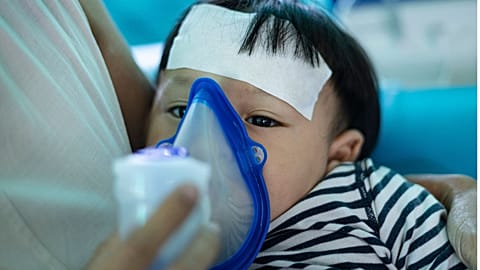UK scientists tested more than 1,000 chemicals on gut bacteria samples in a lab, and identified 168 that appear harmful.
Dozens of common chemicals are toxic to gut bacteria and may be harmful for human health, a new analysis suggests.
In laboratory tests, researchers in the United Kingdom identified 168 chemicals that prevent healthy gut bacteria from growing, potentially throwing the gut microbiome out of balance.
The gut microbiome is made up of thousands of types of bacteria and other tiny organisms that live in our digestive tracts – and it has been linked to a wide range of health issues, such ascancer,insomnia, heart disease, type 2 diabetes, and preterm birth.
Scientists identified the 168 toxic chemicals after testing 1,076 chemical contaminants – including several so-called “forever chemicals” or per- and polyfluoroalkyl substances (PFAS), which don’t break down naturally in the environment – on 22 species of gut bacteria in a lab.
The chemicals found to be toxic to gut bacteria included pesticides such as herbicides and insecticides used in farming, as well as industrial chemicals used in plastics and flame retardants.
These chemicals typically enter our bodies through food, water, and other environmental exposures – and many were not previously thought to affect gut bacteria, according to the study published in the journal Nature Microbiology on Wednesday.
“We were surprised that some of these chemicals had such strong effects,” said Indra Roux, one of the study’s authors and a researcher at the University of Cambridge.
“For example, many industrial chemicals like flame retardants and plasticisers – that we are regularly in contact with – weren’t thought to affect living organisms at all, but they do,” she added in a statement.
It’s still not clear exactly how much people are exposed to these chemicals, or how that could affect gut health in the real world. But other studies indicate that environmental pollutants may alter the gut microbiome, leading to obesity and resistance to insulin.
In the lab tests, bacteria altered their functions to try to evade certain chemical pollutants – prompting some to become resistant to antibiotics. If that translates to the human gut, it could make infections harder to treat and contribute to the growing public health threat of antimicrobial resistance (AMR), the researchers warned.
Notably, safety tests for chemicals usually focus on their specific targets – for example, how well fungicides kill parasitic spores – rather than their potential impact on the human gut, which the researchers said should change.
“Safety assessments of new chemicals for human use must ensure they are also safe for our gut bacteria, which could be exposed to the chemicals through our food and water,” said Stephan Kamrad, one of the study’s authors and a researcher at the University of Cambridge.
The researchers called for more real-world data on chemical exposure to determine whether the toxic effects found in the lab translate to poorer gut health in people.
In the meantime, they advised people to take steps to avoid exposure to these chemicals, for example, by avoiding pesticides at home and washing fruit and vegetables before eating them.


















